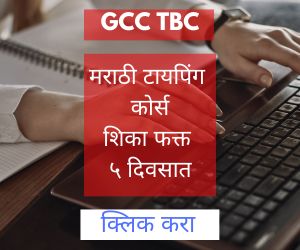In this article, we discuss the non-cooperation movement in 1920 and also discuss its causes, background, and activities.
In the Khilafat Movement of 1919, the entire Muslim community was boycotting the British government.
Gandhiji thought that in the Khilafat movement, Muslim people were boycotting the British government.
If we Hindus join together to start any movement then both Hindus and Muslims will boycott the British government.
With this, our country can be free from British people and people are angry because of Rowlatt Act and Jallianwala Bagh Incident.
Gandhiji started the Non-Cooperation Movement on 1 August 1920 and the whole country joined him.
Also Read -
In this movement, people had to do the following things -
1.Boycott government schools, colleges, law courts, legislative councils.
2.Wearing khadi clothes by boycotting foreign clothes.
3.If the British government has given any award or title, then return them.
The goal of Congress has also been changed here, and now it is said that we want self-government.
Due to this reason Mohammad Ali Jinnah, Ani Besant, and Bipin Chandra Pal left the Congress. But still, the movement was going on very well.
Because government schools had to be boycotted, children should not be loosed from the study, so the national leaders opened many government schools and Vidyapeeth.
What did the Britishers put all the big leaders in jail except Gandhiji, locked the press, and also closed the public meetings.
Congress was putting pressure on Gandhiji that if you are outside then start the movement.
So Gandhiji announced the Civil Disobedience Movement on 1st February 1922 in Bardoli.
Also Read -
But after a few days, the Chauri Chaura incident happened and soon after that Gandhiji closed the Khilafat and Non-Cooperation Movement.
Big leaders of Congress and peoples were not agreed with this decision of Gandhiji.
Soon after, in March 1922, Gandhiji was imprisoned for 6 years.
If you like this article about Non-Cooperation Movement 1920, consider sharing this article with friends.








